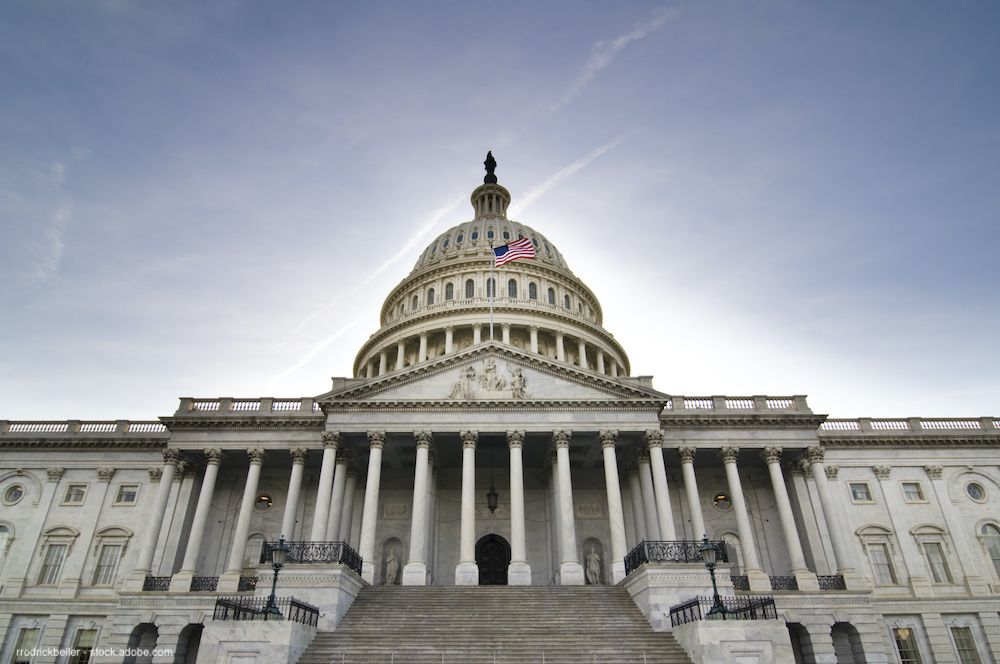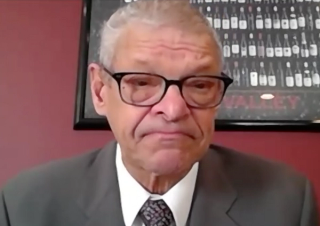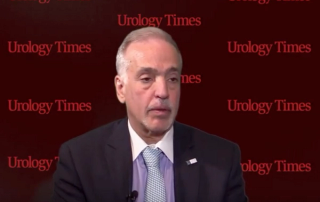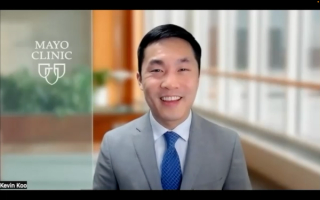
Health Law & Policy
Latest News
Latest Videos

CME Content
More News

Dr. Holton, vice chair of LUGPA's Health Policy Committee, spoke with Urology Times at the 2019 LUGPA annual meeting in Chicago.

A new report by the National Academy of Medicine urges action by government, educational institutions, and health care organizations to address the causes of physician burnout, which is experienced by up to one-half of clinicians in the U.S. and threatens patient care.

"In an ideal world, it could work pretty well. We live in a capitalistic society, however, and insurance companies are not going to voluntarily implode in order to make it easy to implement a Medicare for All system," says one urologist.
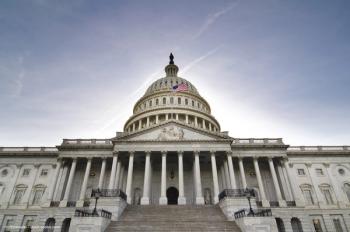
National politics, state advocacy issues, and innovative topics in urologic care came together as urologists from every practice setting and at varied points in their careers gathered in Washington for the AACU 2019 annual meeting.

"Overall, the 2020 Medicare payment proposal attempts to modernize the program and mitigate administrative burdens. The urologic community has identified room for improvement, however, including in the area of facilitating participation in advanced payment models," writes the AACU's Ross E. Weber.

"Congress must pass Stark Law reform this year, and in coordination with CMS, engage the medical community to update MACRA so that physicians have the support they need to transition to more efficient models of care delivery and better serve Medicare patients," writes Yehuda A. Sugarman of the AACU.
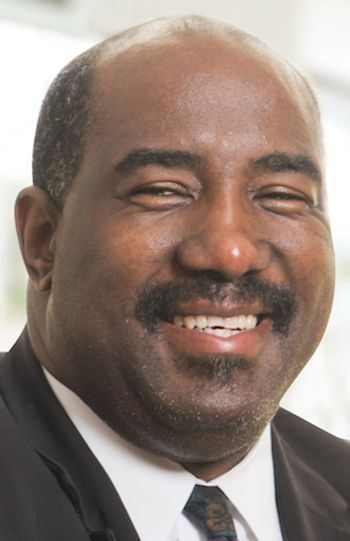
Willie Underwood, III, MD, MSc, MPH, the Buffalo, NY urologist elected to the American Medical Association’s Board of Trustees in June, believes physicians must step up and help influence governmental decisions designed to improve and expand health care for all Americans.

Representatives from several urology organizations discuss the concept of Medicare for All.

"State funding for GME is becoming increasingly important in the absence of significant movement from the federal government," writes the AACU's Ross E. Weber.

"I would love to hear candidates talk about the astronomically ridiculous prices hospitals charge for surgeries, even outpatient surgeries," one urologist says.

"While the medical profession struggles most with administrative barriers to patient-centered care, cost transparency is at the root of the general population's distress," writes Ross E. Weber.

Hassles caused by Medicare Advantage prior authorization requirements are being targeted by a coalition of medical specialty organizations and a bipartisan group of congressional representatives who are responding to their concerns.

In the face of President Trump’s proposed annual budget cuts of $47.9 billion for federal graduate medical education programs over the next decade, the medical profession is urging Congress to approve legislation to significantly increase federal GME support and help combat looming shortages in both primary and specialty care.

"If elected, [Greg Murphy, MD] will become part of a de facto Congressional Urology Caucus with Neal Dunn, MD," writes the AACU's Ross E. Weber.

Few physicians will argue that prior authorization is an administrative headache. Now, however, there are mounting data showing that prior authorization does more harm than good.

"The administrative burden associated with payer relations and benefit management contributes to rising costs and, in many cases, affects patient care," writes Ross E. Weber of the AACU.

The 35-day government shutdown over President Trump’s border wall may have had a direct impact on many urologists beyond the many inconveniences and the cost to taxpayers that it caused-a reduction of 22% in the reimbursement rate for a popular procedure.
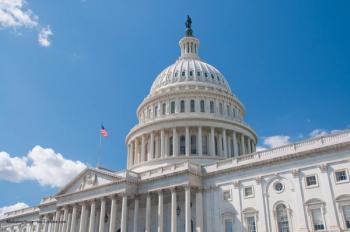
"The past month has been an active one for developments in Washington that impact health care, from proposed budget cuts to modernizing the Stark Law and boosting Graduate Medical Education funding," writes the AACU's Raymond Nicholas.

State and federal initiatives are starting to address regulatory hurdles.

Members of the urology community who participated in the Annual Urology Advocacy Summit in Washington early last month urged lawmakers to support initiatives to improve patient care, including in minority populations, increase support for urologic research, and ease regulatory burdens.

"In just the first few weeks of the new Congress, several bills have been introduced by legislators on both sides of the aisle addressing the issues of drug pricing and transparency," writes Heather Kazmark of the AACU.

With a long list of legislative priorities set for 2019, the AUA has established the AUA Political Action Committee to which members can contribute to help advance the association’s advocacy efforts in Washington.

Reversing a decision by the Department of Health and Human Services to impose a nearly 30% reduction in 340B reimbursement rates, the U.S. District Court for the District of Columbia has disappointed providers who believed that action was finally being taken to help control the cost of expensive physician-administered drugs.

"Surveying the landscape as leadership of the U.S. House of Representatives swaps parties and governorships creep toward a 50/50 partisan balance, several opportunities to affect positive change stand out," writes the AACU's Ross E. Weber.

As the new Congress, with the House of Representatives now controlled by Democrats, opens up shop this month, physicians-urologists included-will be looking for action on several key initiatives important to their practices and patients.

